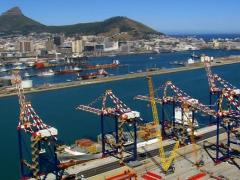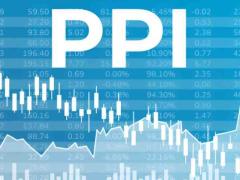Global oil markets remained volatile as Russian tensions escalated and the US call to citizens to leave the Ukraine “sent chills” through the sector on Monday.
Rystad Energy senior oil market analyst Nishant Bhushan said energy market prices were being driven higher due to the Russia-Ukraine tensions.
“Global oil markets are not feeling the love this Valentine’s Day as hopeful supply news from Iran-US nuclear talks is outweighed by persistent concerns over Eastern Europe military tensions and the potential ramifications on Russian exports, plus a potential disruption in Libya,” Bushan said.
“Although Russia-Ukraine tensions are driving oil prices higher, the markets still think a disruption to Russia’s 4.5-million barrels per day (bpd) crude exports, or the 1.5 million bpd that flows through the Black Sea port of Novorossiysk, is highly unlikely.”
He said the directive from the White House to American citizens in Ukraine to depart in the next 24 to 48 hours as the threat of war escalated had “sent chills through the crude market”.
“Both the oil and stock markets have reacted strongly to this turn of events over the weekend. Russia continues to maintain its stance that they are not going to declare any war against Ukraine, but the strong comments from the US diplomats supporting Ukraine and NATO in every possible way continue to fuel the speculation of a full-blown war between Russia and the NATO forces in the near future,” Bhushan said.
“The developments in Eastern Europe will be crucial for the global market as Russia is one of the biggest crude oil producers, with a capacity of about 11.2 million bpd.
Any disruption of oil flows from the region would send Brent and WTI prices skyrocketing higher, far above $100, in a market struggling to supply the increased demand for crude as economies recover from the pandemic.
However, he said advancing talks between the US and Iran regarding a possible nuclear deal, which would see Iranian crude return to the marketplace, were keeping prices in check.
“Market players are aware that Iran is among the few sources of incremental supplies available that can help meet demand and calm prices, so the outcome of the talks is critical.
We believe an additional 1 million bpd of crude production could reach the market in a complete lifting of sanctions, but the jury is still out as we await the next news from the political gambit in Vienna,” he said.”
At the same time, he added that there was a possibility of production disruption in Libya, where the latest political events could lead to the resurrection of a civil war-like situation in the nation.
In the worst-case scenario, Libya’s crude oil production could drop by 300 000 to 400 000 bpd in the near term, an insignificant decrease in an already tight supply environment.
The threat of war and disruption can be enough to send prices spiraling higher,” Bhushan said.













